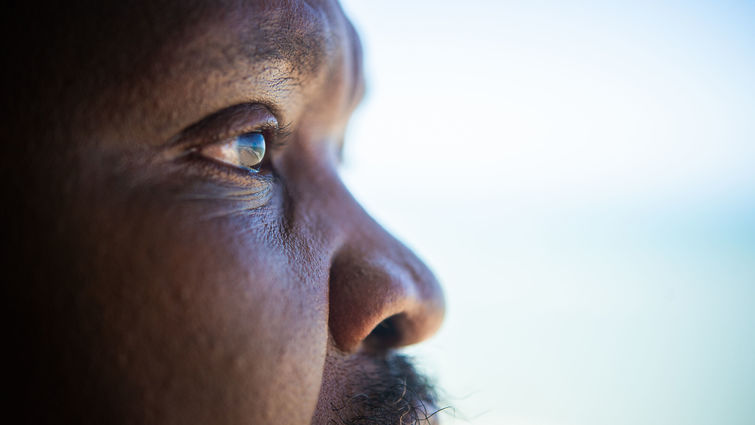
Eyes and coronavirus
Coronavirus can spread through the eyes — just as it does through the mouth or nose — through virus particles sprayed from the mouth or nose of an infected person, according to Frank Hwang, MD, ophthalmologist and cornea service director at Loma Linda University Health.
“It’s more likely to breathe these tiny droplets in through your mouth or nose, but they can also enter your body through your eyes,” Hwang says. “It might be possible for coronavirus to cause a pink eye — or conjunctivitis — but is extremely rare.”
Hwang says guarding your eyes — as well as your hands, nose, and mouth — can slow the spread of coronavirus. He recommends five ways to keep your eyes safe and healthy during this coronavirus outbreak.
If you wear contact lenses, try switching to glasses for a while
Contact lens wearers touch their eyes more than the average person. Consider wearing glasses more often, especially if you tend to touch your eyes a lot when your contacts are in.
Substituting glasses for contact lenses can reduce eye irritation, and they may be a barrier that reminds you not to touch your eye.
Wearing glasses may add a layer of protection
Corrective eyeglasses or sunglasses can shield your eyes from infected respiratory droplets. But keep in mind that they don’t provide 100% security.
The virus can still reach your eyes from the open sides, tops, and bottoms of your glasses. For better protection, you must use safety goggles if you’re caring for a sick patient or potentially exposed person.
Avoid rubbing your eyes
It can be hard to break this natural habit, but doing so will lower your risk of infection. If you feel an urge to itch or rub your eye or even to adjust your glasses, use a tissue instead of your fingers.
Dry eyes can lead to more rubbing, so consider adding moisturizing drops to your eye routine. If you must touch your eyes for any reason — even to administer eye medicine — wash your hands first with soap and water for at least 20 seconds. Then wash them again after touching your eyes.
Use common sense to stay healthy
Wash your hands often. Follow good contact lens hygiene, and avoid touching or rubbing your nose, mouth, and eyes. If you have any questions about your eyes or your vision, be sure to ask your ophthalmologist.
If you are interested in more information about COVID-19 and the eyes, the American Academy of Ophthalmology has additional resources. To learn more about the Eye Institute, call 909-558-2154. For more coronavirus information, visit lluh.org/coronavirus.
